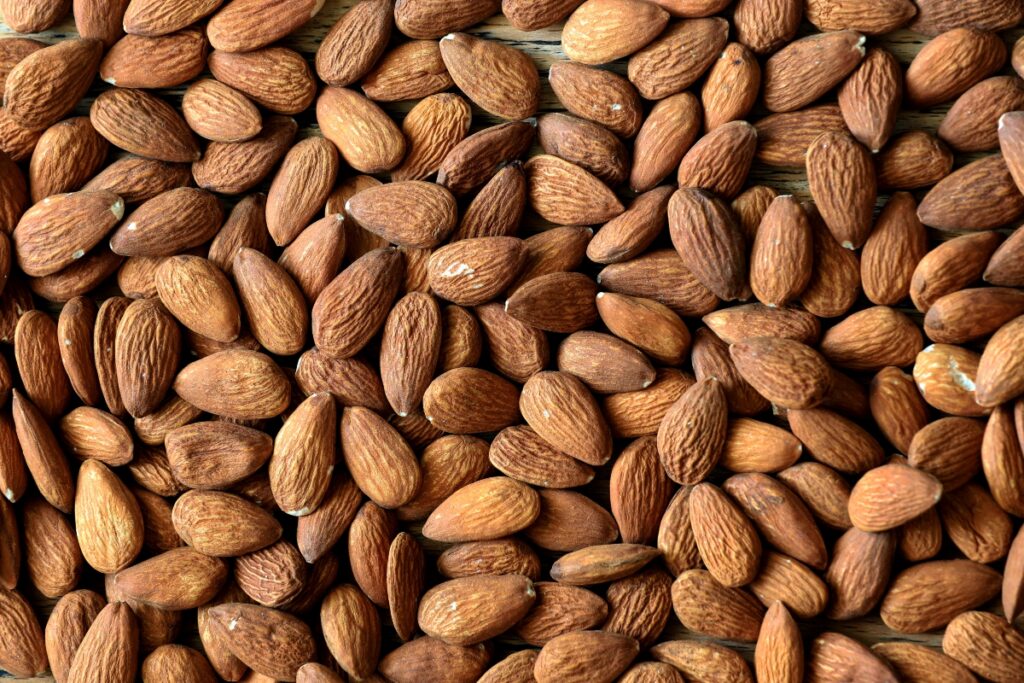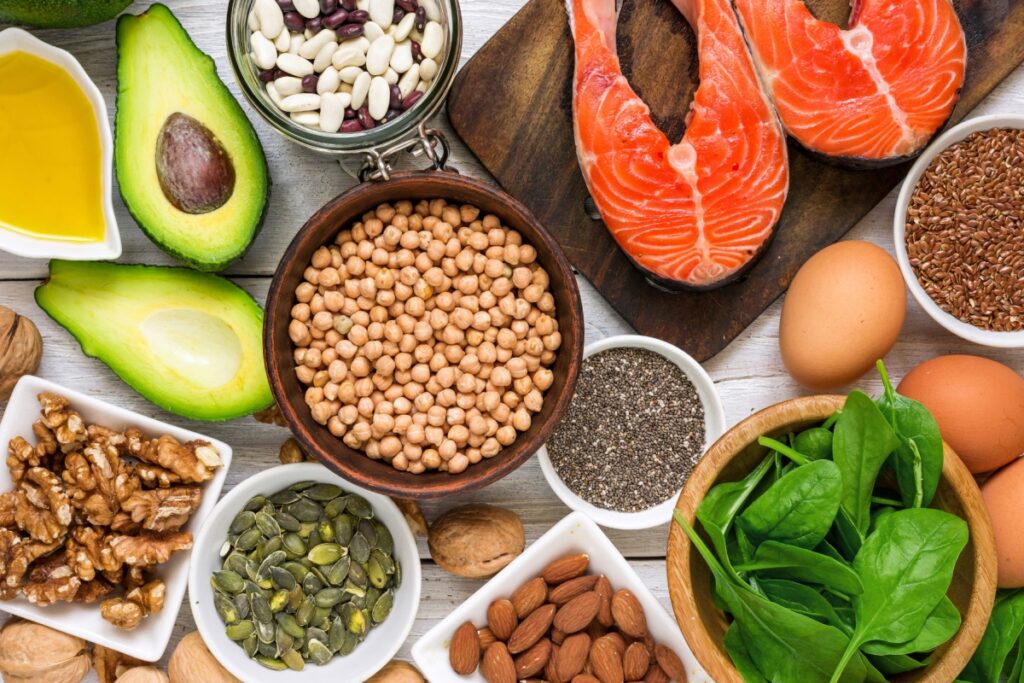The Impact of Healthy Eating on Well-being: What Makes a Diet Truly Healthy?
Healthy eating goes beyond just selecting a few nutritious foods. It’s about creating a balanced diet that supports the body’s needs while promoting long-term health. This means embracing variety and including nutrient-rich options like fruits, vegetables, whole grains, lean proteins, and healthy fats in daily meals. Such a diet ensures the body receives essential vitamins, minerals, fiber, and other nutrients, creating a foundation for overall well-being.

Balanced Calorie Intake: A Key to Wellness
One of the cornerstones of healthy eating is managing calorie consumption wisely. Eating too few calories can lead to deficiencies and weaken the body, while consuming too many may result in weight gain and metabolic problems. To strike the right balance, focus on energy-dense yet nutritious foods. Avoid overindulging in fast food, sugary snacks, or desserts, which can contribute to health issues, and instead prioritize natural and wholesome calorie sources.
How to Create a Healthier Diet and Lifestyle?

Reducing Sugar and Choosing Healthy Fats
- Cutting Down on Added Sugars: Added sugars, common in processed foods and beverages, are a leading cause of issues, like obesity and diabetes. Consuming them often leads to more cravings, creating a cycle that’s hard to break. Here are practical ways to reduce sugar:
- Choose water over sugary drinks: Replace sodas and sweetened beverages with water, herbal teas, or naturally flavored drinks.
- Be label-savvy: Check ingredients for hidden sugars in packaged foods.
- Sweeten with nature: Use fresh or dried fruits instead of refined sugars to enhance desserts.

The Dangers of Trans Fats
Trans fats, often found in processed and fast foods, are harmful to heart health. These unhealthy fats increase bad cholesterol (LDL) while lowering good cholesterol (HDL), contributing to inflammation and heart disease. Common sources include fried items, packaged baked goods, and margarine.

Embracing Good Fats
Healthy fats are essential for overall health, benefiting the heart, brain, and skin. Incorporating these fats into your diet can improve cholesterol levels and reduce disease risks:
Omega-3 fatty acids: Found in fatty fish like salmon and plant sources such as chia seeds and walnuts, they support brain function and heart health.
Monounsaturated fats: Present in foods like avocados, olive oil, and almonds, these fats help reduce bad cholesterol.

Polyunsaturated fats: Found in oils like sunflower and flaxseed oil, these promote healthy skin and brain function.
Smart Tips for Reducing Unhealthy Fats
- Avoid deep-fried foods; opt for grilling, steaming, or baking.
- Choose lean cuts of meat or plant-based proteins.
- Replace creamy dressings and sauces with lighter, healthier alternatives.

The Importance of Fiber: A Digestive and Nutritional Powerhouse
Fiber plays a critical role in a healthy diet by aiding digestion, helping control blood sugar, and promoting satiety to prevent overeating. High-fiber foods like fruits, vegetables, whole grains, legumes, and nuts should feature prominently in your meals. They not only regulate blood sugar but also lower the risk of conditions like type 2 diabetes and heart disease.
Hydration:
The Unsung Hero of Healthy Living
Water is vital for almost every function of the human body, from regulating temperature to transporting nutrients. Staying hydrated ensures your organs function properly and supports overall health.

Why Water Matters?
- Temperature regulation: Maintains optimal body temperature.
- Nutrient delivery: Aids in the transportation of oxygen and nutrients through the bloodstream.
- Detoxification: Helps flush out toxins via sweat and urine.
- Digestive health: Prevents constipation and supports smooth digestion.

Recognizing Dehydration
Signs like thirst, fatigue, headaches, and dark urine signal the need for more water. Combat dehydration with these tips:
- Drink water consistently throughout the day instead of in large amounts at once.
- Hydrate before meals to support digestion.
- Include water-rich foods like cucumber, watermelon, and oranges in your diet.
Minimizing Processed Foods
Choosing Fresh and Natural: Processed foods are often packed with unhealthy fats, sugars, and excess salt. Regular consumption can lead to chronic health conditions like obesity and hypertension. Instead, focus on fresh, whole foods. Snack on fruits, nuts, or seeds, and prepare meals using unprocessed ingredients to maintain their nutritional value.

The Far-reaching Benefits of Healthy Eating

A healthy diet isn’t just about physical fitness or maintaining a healthy weight. It’s about enhancing energy, boosting immunity, and improving mental clarity. Proper nutrition strengthens the body’s defenses, supports vitality, and enhances quality of life. By making mindful food choices, you empower your body to thrive and guard against illness, ensuring a healthier, happier you.
Author: Zahra Barani
